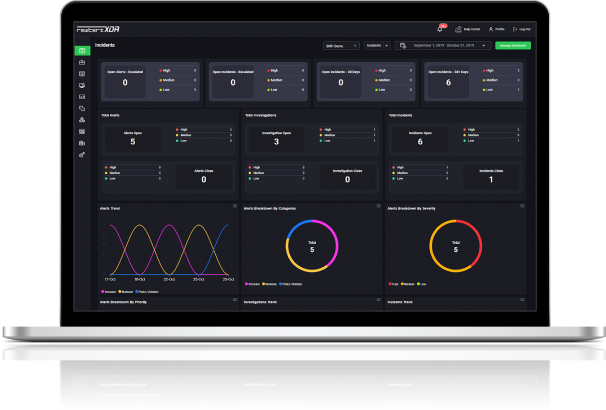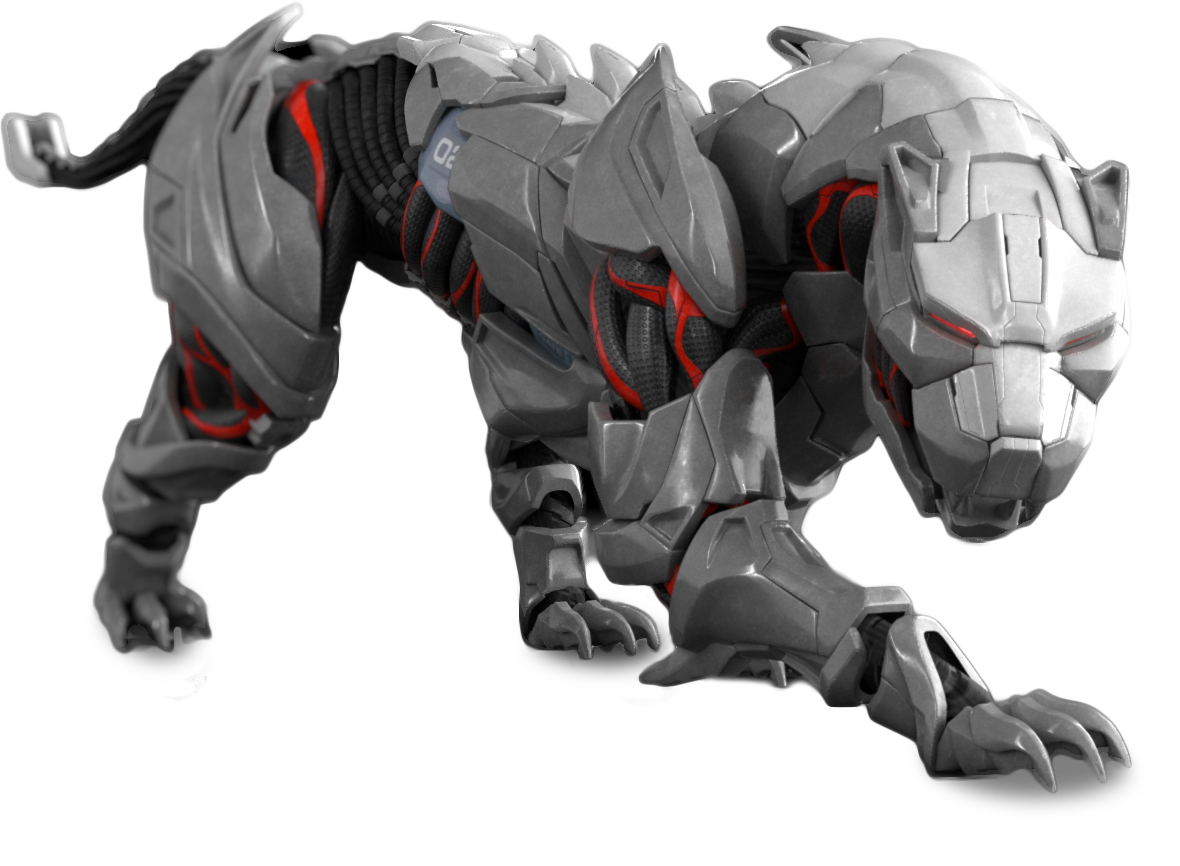

Rewterz Threat Advisory – Critical RCE affects older Diebold Nixdorf ATMs
June 25, 2019
Rewterz Threat Alert – OpenSSH Now Encrypts Secret Keys in Memory Against Side-Channel Attacks
June 25, 2019
Rewterz Threat Advisory – Critical RCE affects older Diebold Nixdorf ATMs
June 25, 2019
Rewterz Threat Alert – OpenSSH Now Encrypts Secret Keys in Memory Against Side-Channel Attacks
June 25, 2019Severity
High
Analysis Summary
Campaign 1
Recent Waterbug activity can be divided into three distinct campaigns, characterized by differing toolsets. One campaign involved a new and previously unseen backdoor called Neptun (Backdoor.Whisperer). Neptun is installed on Microsoft Exchange servers and is designed to passively listen for commands from the attackers. This passive listening capability makes the malware more difficult to detect. Neptun is also able to download additional tools, upload stolen files, and execute shell commands.
Campaign 2
A second campaign used Meterpreter, a publicly available backdoor along with two custom loaders, a custom backdoor called photobased.dll, and a custom Remote Procedure Call (RPC) backdoor. Waterbug has been using Meterpreter since at least early 2018 and, in this campaign, used a modified version of Meterpreter, which was encoded and given a .wav extension in order to disguise its true purpose.
Campaign 3
The third campaign deployed a different custom RPC backdoor to that used in the second campaign. This backdoor used code derived from the publicly available PowerShellRunner tool to execute PowerShell scripts without using powershell.exe. This tool is designed to bypass detection aimed at identifying malicious PowerShell usage. Prior to execution, the PowerShell scripts were stored Base64-encoded in the registry. This was probably done to avoid them being written to the file system.
Impact
- File encryption
- Credential theft
- Execution of shell commands
Indicators of Compromise
IP(s) / Hostname(s)
- 94[.]249[.]192[.]182
- 185[.]141[.]62[.]32
- 212[.]21[.]52[.]110
URLs
- markham-travel[.]com
- zebra[.]wikaba[.]com
- https://vision2030[.]tk/static/googleupdate[.]txt
- https://dubaiexpo2020[.]cf/counter[.]aspx
- https://microsoft[.]updatemeltdownkb7234[.]com/windows/update[.]aspx
- https://codewizard[.]ml/productivity/update[.]aspx
Filename
- vision2030.tk
- vision2030.cf
- dubaiexpo2020.cf
- microsoft.updatemeltdownkb7234.com
- codewizard.ml
- updatenodes.site
Malware Hash (MD5/SHA1/SH256)
- 454e6c3d8c1c982cd301b4dd82ec3431935c28adea78ed8160d731ab0bed6cb7
- 595a54f0bbf297041ce259461ae8a12f37fb29e5180705eafb3668b4a491cecc
- d0b99353cb6500bb18f6e83fe9eed9ce16e5a8d5b940181e5eafd8d82f328a59
- 66893ab83a7d4e298720da28cd2ea4a860371ae938cdd86035ce920b933c9d85
- 7bd3ff9ba43020688acaa05ce4e0a8f92f53d9d9264053255a5937cbd7a5465e
- c63f425d96365d906604b1529611eefe5524432545a7977ebe2ac8c79f90ad7e
- caaed70daa7832952ae93f41131e74dcb6724bb8669d18f28fbed4aa983fdc0c
- 493eee2c55810201557ef0e5d134ca0d9569f25ae732df139bb0cb3d1478257f
Remediation
- Use a firewall to block all incoming connections from the Internet to services that should not be publicly available.
- Enforce a password policy. Complex passwords make it difficult to crack password files on compromised computers.
- Turn off file sharing if not needed.
- Always keep your patch levels up-to-date, especially on computers that host public services and are accessible through the firewall, such as HTTP, FTP, mail, and DNS services.








